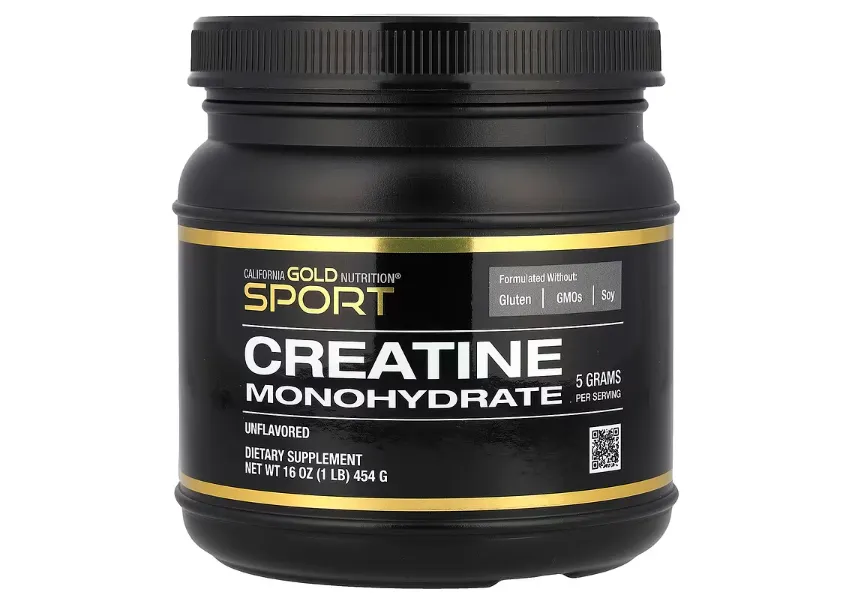ANNAPOLIS, Md. — The Merchants Payments Coalition (MPC) has expressed strong support for a proposed Maryland bill aimed at preventing credit card networks and banks from charging merchants "swipe" fees on the sales tax portion of transactions. The legislation, introduced by Delegates Brian Crosby (D-St. Mary’s County) and Todd Morgan (R-Calvert and St. Mary’s Counties), seeks to address a long-standing issue that has significant implications for businesses and consumers alike.
“The credit card industry price-fixing swipe fees is bad enough, but taking a slice out of tax dollars before retailers can hand them over to the state of Maryland is unconscionable,” said Doug Kantor, MPC Executive Committee member and General Counsel for the National Association of Convenience Stores. “Retailers have to make up the difference, and that ultimately drives up prices for consumers. It is time for this abuse to end.”
Swipe fees, which are charged to merchants for processing credit and debit card transactions, average between 2% and 4% of each purchase. These fees have surged more than 50% since the pandemic, reaching a record $172 billion nationwide in 2023. For Maryland merchants and consumers, the costs were substantial, totaling nearly $2 billion last year, including $156.9 million in swipe fees on sales tax alone, according to payments consulting firm CMSPI.
With most merchants unable to absorb these rising costs, the fees often lead to higher consumer prices, adding over $1,100 annually to the average family’s expenses, MPC said.
The proposed Maryland legislation would bar banks and card networks from charging swipe fees on sales tax beginning October 1, 2025, mirroring a similar law passed in Illinois. That law is currently facing a legal challenge from banks, though a federal judge recently ruled that Visa and Mastercard must comply.
The Maryland initiative comes as Congress debates the broader Credit Card Competition Act, which would require major banks to enable credit card processing over multiple, unaffiliated networks. The federal measure is expected to enhance competition in the credit card market, potentially saving merchants and consumers over $16 billion annually, including $307 million in Maryland.
“Marylanders’ tax dollars should not be siphoned off to Wall Street this way, and we appreciate legislators looking to solve this unjust problem,” Kantor testified before the Maryland House Economic Matters Committee during a hearing on the bill.
Visa and Mastercard, which together control more than 80% of the credit card market, have faced criticism for centrally setting the swipe fees charged by banks that issue their cards and for restricting transaction processing to their own networks. The proposed legislation at both the state and federal levels aims to introduce greater competition and transparency into this system.
As Maryland lawmakers deliberate the legislation, businesses and consumer advocacy groups are closely watching its progress. Proponents argue that the measure would provide much-needed relief for retailers and help curb rising costs for consumers.
“This bill represents an important step toward fairness for merchants and transparency in how fees are applied,” Kantor said.
The House Economic Matters Committee is expected to continue its review in the coming weeks. If passed, the Maryland bill would position the state as a leader in addressing swipe fee reform, setting a precedent for other states to follow.









